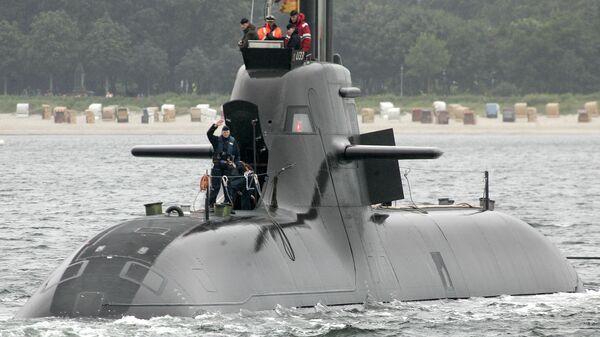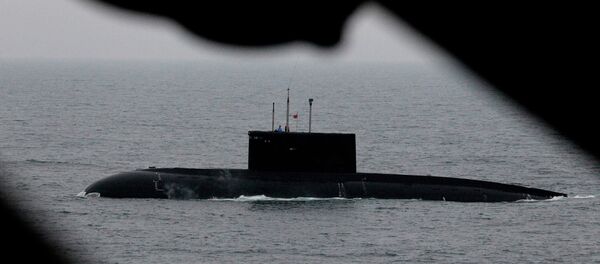The memorandum signed by both countries will establish a joint operational control center in Glucksberg, Germany. The Polish Navy also intends to connect its submarine fleet to the German military’s broadcast control system.
Two Polish naval officers will be permanently stationed in the city.
"It’s a very special step, to pass the control of an important national strategic asset like a submarine in common hands," said Vice Admiral Andreas Krause, inspector of the German Navy, according to Defense News.
A spokesman for the German Navy called the arrangement "historically unique."
Combined, the two countries operate 11 submersibles, with six class 212A vessels in the German fleet, and five U-boats in the Polish Navy.
The spokesman also indicated that other countries could eventually be added to the joint authority. An offer has already been extended to Norway, and given the existing relationship between the three countries, it doesn’t seem farfetched to assume Oslo will accept. Four of Poland’s U-boats were acquired from the Norwegian Navy, and Berlin expects to replace six of its subs with ones from the Scandinavian country.
The joint operations center could serve as a model for NATO. Germany intends to build a new operations center in Rostock, along the western edge of the Baltic Sea. This could serve as a command center for the alliance’s Multinational Maritime Component Command, according to the German spokesman.
The Rostock center could, theoretically, include representation from all NATO members along the Baltic.
This would be the latest example of the alliance’s eastward expansion. NATO already intends to boost its troop presence along Russia’s borders, and will open a new Aegis Ashore missile defense system in Poland in 2018.
Moscow has condemned these moves as an unnecessary provocation.
"The military-political situation along [Russia’s] western borders remains unstable. The United States and other NATO members continue to build up military capabilities, primarily in countries neighboring Russia," Russian Defense Minister Sergei Shoigu said on Tuesday.
"These actions by Western colleagues tend to undermine strategic stability in Europe and force us to take a retaliatory measures, primarily in the Western strategic direction."





